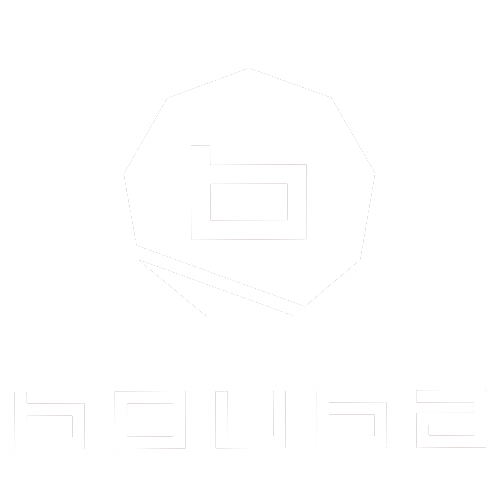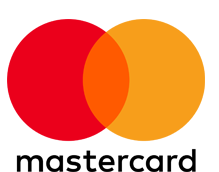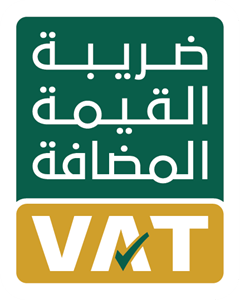Reinforces Learning
By articulating key takeaways, you reinforce the knowledge you’ve gained. This process helps solidify your understanding and enhances retention of important concepts.
Guides Future Actions
Understanding what you’ve learned enables you to make informed decisions about your future actions, whether in your career, education, or personal life.
Promotes Self-Reflection
Identifying key takeaways encourages self-reflection, allowing you to assess your strengths, weaknesses, and overall growth. This introspection is vital for personal development.
Encourages Goal Setting
Recognizing areas for further development helps you set specific, measurable goals that target your growth. This focus ensures that your efforts lead to meaningful progress.






